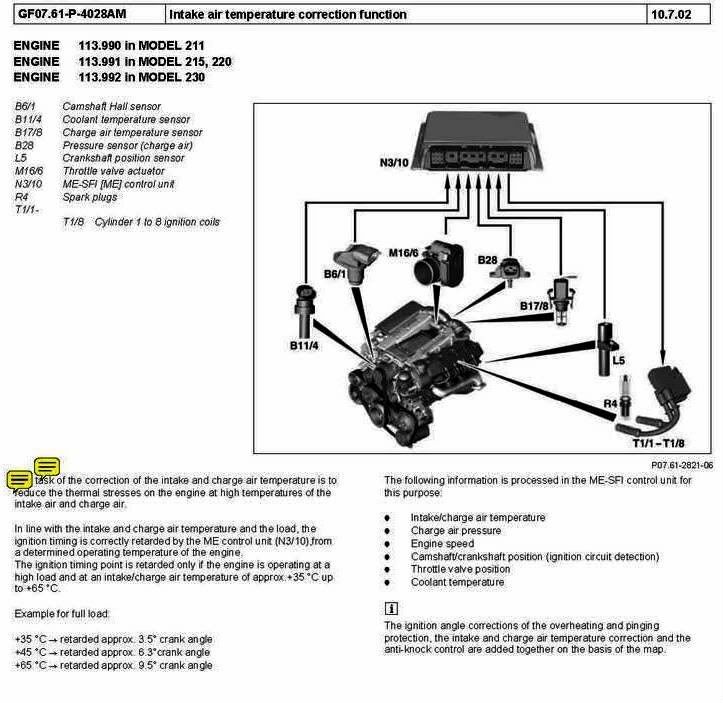Hi guys,
Other than the air temp going into the intake, what causes the vehicle to become sluggish once its fully warmed up on a hot day?
I'm thinking it's just the temp, throttle body temp etc....effecting the air entereing the engine. I don't see a reason why a warm block and a slightly higher engine temp itself should change anything....I'm not an expert in thermodynamics though.
Other than the air temp going into the intake, what causes the vehicle to become sluggish once its fully warmed up on a hot day?
I'm thinking it's just the temp, throttle body temp etc....effecting the air entereing the engine. I don't see a reason why a warm block and a slightly higher engine temp itself should change anything....I'm not an expert in thermodynamics though.

